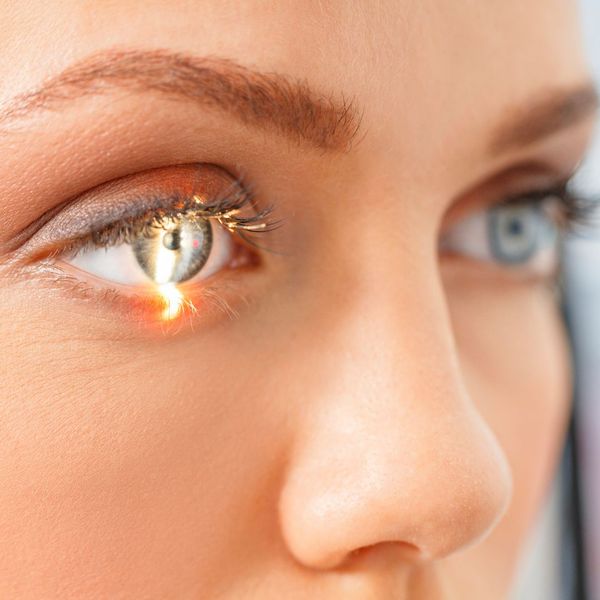Promising Research and Developments in WKS Treatment
At Circle of Life Care, we are committed to embracing and sharing the latest advancements in treating Wernicke-Korsakoff Syndrome (WKS). This condition, primarily caused by thiamine deficiency, has long challenged the medical community, but recent research brings new hope. Here, we explore the promising developments that are reshaping how we understand and treat WKS.

Enhanced Understanding of Thiamine Absorption
Researchers are digging deeper into how thiamine is absorbed and utilized in the body. This is crucial because Wernicke's Encephalopathy and Wernicke-Korsakoff Syndrome are directly linked to thiamine deficiency. Understanding these mechanisms can lead to more effective ways of administering thiamine, ensuring that patients receive it in a form that is most beneficial to their recovery and long-term health.

Innovations in Diagnostic Methods
Early detection is vital in managing WKS effectively. New diagnostic techniques are being developed to identify WKS at its earliest stages, even before symptoms become apparent. These methods could significantly improve outcomes, as early intervention is key in mitigating the long-term effects of the syndrome.

Exploring Genetic Factors
Some recent studies suggest that genetic factors may influence an individual's susceptibility to WKS. By understanding these genetic components, treatments can be more personalized, targeting specific vulnerabilities in each patient. This approach opens the door to more effective and tailored therapies.

Holistic and Integrated Care Approaches
At Circle of Life Care, we believe in a holistic approach to treatment. Emerging research supports this, showing that combining medical treatment with supportive therapies like nutritional counseling, cognitive exercises, and emotional support can significantly improve patient outcomes. This integrated approach is crucial in addressing both the physical and psychological aspects of WKS.
As we continue to witness these encouraging developments in WKS treatment, Circle of Life Care remains at the forefront, adopting and integrating these advancements into our care strategies. If you or a loved one are dealing with Wernicke-Korsakoff Syndrome, reach out to us. Together, we can explore the most promising treatment options, ensuring care that is not only effective but also filled with compassion and hope.
